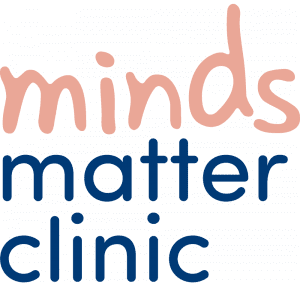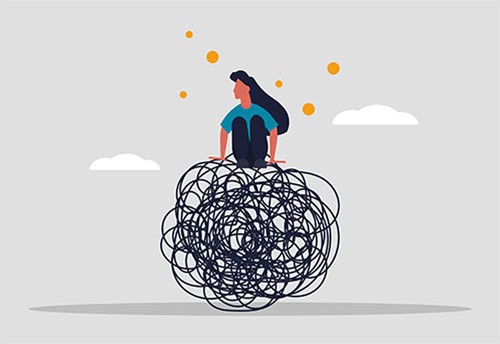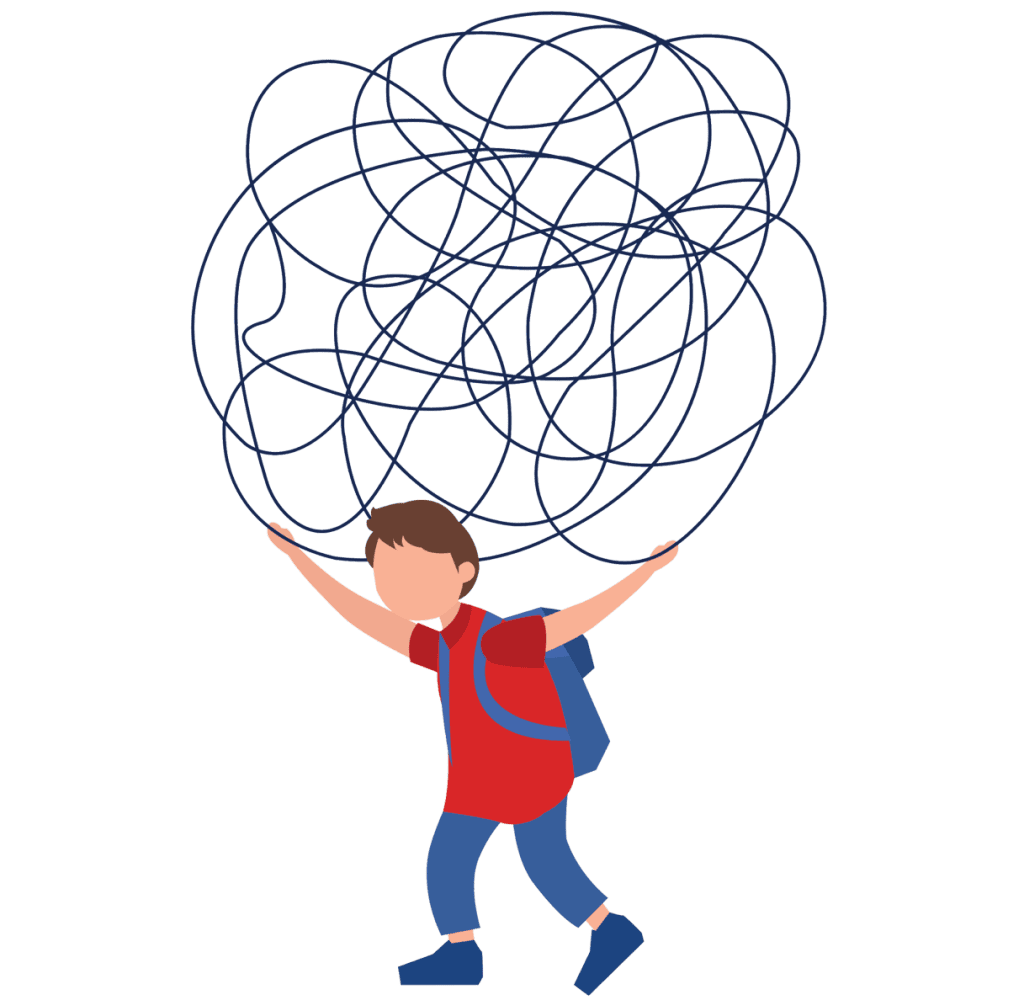Why is Therapy Important for Children?
It’s important to remember that just because your child might benefit from therapy, it doesn’t mean that you have failed as a parent or that there’s anything ‘wrong’ with your child. Mental health is just as crucial as physical health, and just like taking your kid to the GP to get some antibiotics for a sickness, taking them to therapy to get some support for emotional difficulties can help them develop emotional resilience, build coping strategies, and navigate challenges as they grow. Early intervention and support can be vital to ensuring your child grows up understanding their own emotions and behaviours and gives them a solid base to become a healthy and happy adult.
Types of Therapy for Children
Several types of therapy are particularly effective for children. The choice of therapy depends on the child’s individual needs, the issues they are facing, and the therapist’s recommendations. Here are some of the most common and beneficial therapy options for children:
1. Cognitive Behavioral Therapy (CBT)
Cognitive Behavioral Therapy (CBT) is one of the most widely used and effective forms of therapy for children. It helps children identify and change negative thought patterns and behaviors.
- What It Helps With: Anxiety, depression, anger management, OCD.
- How It Works: Children learn to recognize how their thoughts affect their feelings and actions. They are taught strategies to challenge negative thinking and develop healthier responses.
2. Play Therapy
Play therapy is a form of therapy that uses play as a medium to help children express their feelings, thoughts, and experiences in a safe environment.
- What It Helps With: Trauma, anxiety, behavioral issues, and communication difficulties.
- How It Works: Through toys, games, and creative activities, therapists help children express emotions that they might not be able to verbalize. It is particularly effective for younger children.
3. Family Therapy
Family therapy involves working with the child and their family members to improve communication, resolve conflicts, and create a supportive home environment.
- What It Helps With: Family conflicts, behavioral problems, and emotional difficulties.
- How It Works: Family members work together with a therapist to identify unhealthy patterns, improve communication, and find solutions to family challenges.
4. Art Therapy
Art therapy uses creative activities such as drawing, painting, and sculpting to help children express themselves and process their emotions.
- What It Helps With: Trauma, anxiety, and emotional regulation.
- How It Works: Children use various forms of artistic expression to explore feelings that may be difficult to talk about. Art therapy provides a non-verbal outlet for emotions and is especially effective for children who struggle with traditional talk therapy.
5. Dialectical Behavior Therapy (DBT)
Dialectical Behavior Therapy (DBT) is a type of cognitive-behavioral therapy that helps children develop skills in emotional regulation, distress tolerance, and interpersonal effectiveness.
- What It Helps With: Emotional dysregulation, self-harming behaviour, and mood disorders.
- How It Works: DBT teaches children mindfulness, emotion regulation, and how to tolerate distress in healthy ways. It is often used for children who experience intense emotions or have difficulty managing their feelings.
6. Group Therapy
Group therapy allows children to meet with other children facing similar challenges. It helps build social skills, provides peer support, and fosters a sense of community.
- What It Helps With: Social skills, self-esteem, and behavioral issues.
- How It Works: In a structured setting, children interact with peers under the guidance of a therapist. This helps them learn social cues, problem-solving skills, and how to work collaboratively in a group setting.
7. Behavioral Therapy
Behavioral therapy focuses on changing specific behaviors through reinforcement strategies and structured interventions.
- What It Helps With: ADHD, oppositional defiant disorder (ODD), and other behavioral issues.
- How It Works: Therapists work with children to replace negative behaviors with positive ones. This may involve a system of rewards and consequences to reinforce desirable behavior that will help your child navigate life.
When to Consider Therapy for Your Child
If you notice your child is struggling with emotions, behaviors, or social interactions, it may be time to consider therapy. Early signs that a child may benefit from therapy include:
- Persistent sadness or anxiety
- Sudden changes in behavior or mood
- Difficulty in school or social settings
- Trouble managing anger or emotions
- Withdrawal from family and friends
Minds Matter Clinic Can Help
Here at Minds Matter, we are dedicated to supporting children through efficient diagnosis and support. We offer specialised ADHD and Autism assessments, but if you’re unsure if your child needs either of those, we also offer general psychiatric assessments to help you and your little one figure out what’s going on and what kind of help they need. We know that approaching these kinds of issues can be scary, not only for the child but also for you, the parent.
Mental health can be a complex and difficult issue to navigate, so we want to make things as easy for you as possible. That’s why we offer both online and in-person appointments and can offer an appointment between 8am-8pm, 7 days a week. Make sure to contact us to find out the best course of action for your child. And if you want to learn more about children’s mental health, make sure to look at the rest of our blogs too!




